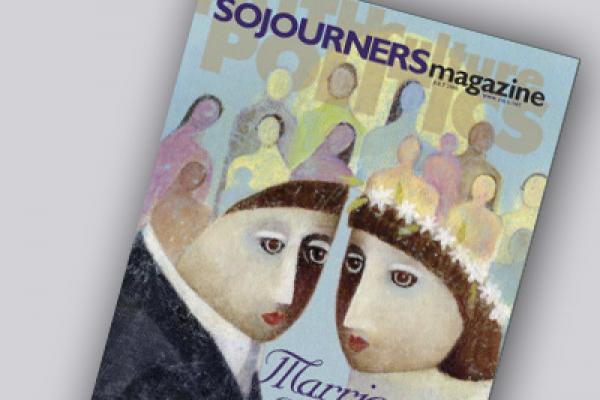Njongonkulu Ndungane first became known to the larger world when he clashed with then-South African president Nelson Mandela. Ndungane charged Mandela with inadequately securing the rights of the elderly in the Eastern Cape region. Mandela said the archbishop was ill-informed and was undermining the government. Ndungane declared, "No one will silence the church." In that moment, Ndungane was no longer merely the successor to Cape Towns charismatic Desmond Tutu. He had his own voice and prophetic call.
Ndungane comes from a long line of Anglican priests and was taught in Christian schools. His conversion, however, came through the political formation he received when he became involved in the anti-apartheid movement. In 1963, Ndungane was jailed for three years for "conscientising people." Half of that time was spent in what he calls "that great university of Robben Island," South Africas most notorious prison. It was here, while mixing cement by hand and carrying it to the building site that would later house Nelson Mandela, that Ndungane decided to become a priest. He was ordained in 1974, received his masters degree in Christian ethics, became a bishop in 1991, and Anglican primate of Southern Africa in 1996.
Ndungane was spokesperson for the Micah Challenge, a Christian debt relief movement from the global South, when this article appeared. He was interviewed in March 2005 by Sojourners associate editor Rose Marie Berger and assistant editor Elizabeth Palmberg in Washington, D.C.
Read the Full Article

